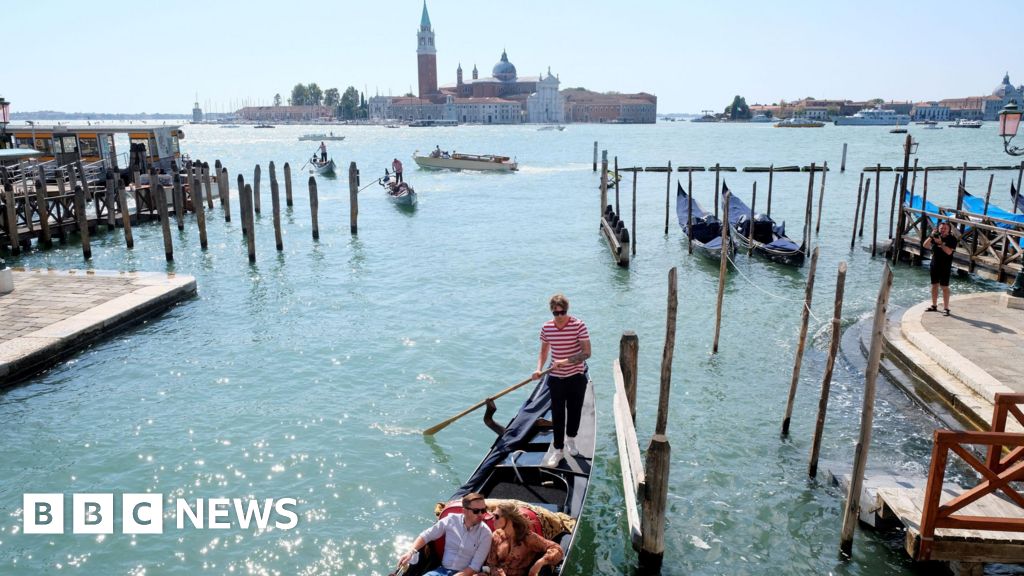Italy has approved a law that strengthens the rules for people with Italian heritage for obtaining passports.
Previously, those with Italian ancestors who lived after March 17, 1861 – when the Kingdom of Italy was founded – were eligible to become citizens under the “jus sanguinis” or the blood line law of descendants.
Under the amended law ratified by Parliament on Tuesday, Italian passport applicants must have one parent or grandparent who was a citizen at the time of birth.
The government said it had changed rules to “strengthen” links between Italian and foreign citizens, avoiding “abuse” and “commercialization” of passports, and freeing up resources to clear backlogged applications.
From the end of 2014 to the end of 2024, the number of citizens living abroad rose by 40% from around 4.6 million to 6.4 million, the government said.
As of the end of March, when Prime Minister Giorgia Meloni’s government introduced the law, there were over 60,000 legal procedures to verify citizenship.
The Italian Foreign Ministry said in a statement that the change “will release resources to make consular services more efficient, as long as it can only be dedicated to those with real needs through concrete connections with Italy.”
Foreign Minister Antonio Tajani said the principles are “not lost” and Italian descendants can still become citizens, but “exact limits will be set” in order to avoid abuse and phenomenon, particularly in the “commercialization” of Italian passports.
“Citizenship must be serious,” he said.

